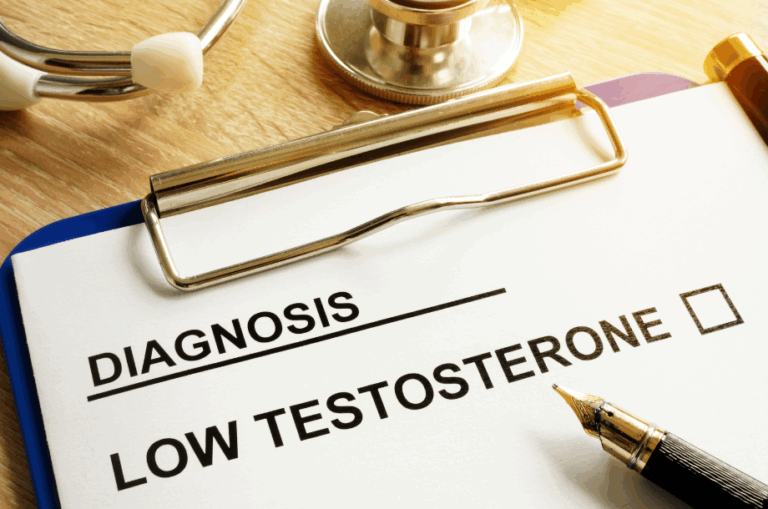The pandemic has brought forth challenges for many people dealing with autoimmune diseases and other chronic illnesses. This is also true for those with celiac disease. Many patients are wondering if having celiac disease puts them at a greater risk of coronavirus infection and complications. According to the National Celiac Foundation, in general, those with celiac disease experience the same risk as the general population. But there are some exceptions:
- Individuals who experience celiac symptoms more often or who experience more severe symptoms are more likely at a higher risk for COVID-19.
- Those on immunosuppressive drugs such as steroids or biologics are also at a greater risk due to the immune suppressing nature of their medications. If this is you, check out Dr. Chutkan’s discussion with Our Health Talks as well as our webinar on medications during the pandemic, where different classes of medications are addressed, as well as important questions to ask your doctor if you’d like to consider tapering your meds.
- If you have celiac disease, but also have any of the following complications, you may be at a greater risk for coronavirus: chronic respiratory disease, obesity, diabetes, hypertension, or are immunocompromised.
Celiac patients have also reported concerns about the lack of availability of gluten-free foods in grocery stores, specifically processed “staples” like breads, pasta, rice, crackers, cereals, and other processed packaged items. While this can be alarming and scary for many, now is an excellent time to focus on a core diet of non-processed, gluten-free foods. The strength of your immune system heavily depends on your diet, and your immune health is your number one defense mechanism during this time. While packaged gluten-free foods like pasta, breads, cereals, crackers, and other baked or processed items may be scarce at the supermarkets, the foods that make up the core of a healthy, gluten-free diet most likely are not, such as vegetables, fruits, lentils, beans, gluten-free oats, quinoa, brown rice, nuts, and seeds. During this time, focus on unpackaged, whole food items that will fill your body with a dense array of micronutrients and microbes for a healthy gut and immune system.
Lastly, if you do find yourself hospitalized for the virus, the availability of gluten-free foods during your time in the hospital might concern you. While some hospital’s gluten-free options may be limited, gluten-free items will be available (all hospitals are required to provide a gluten-free menu), so not to worry. Some of the best options on a limited gluten-free menu include the unprocessed foods mentioned above.








